Speakers will be announced Fall 2025
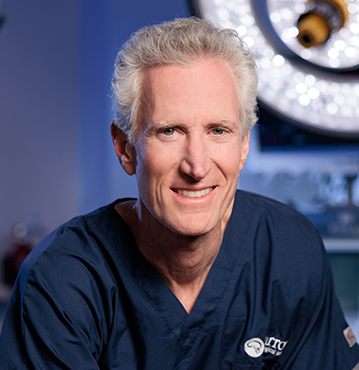
Michael T. Lawton MD is the chairman of the Department of Neurological Surgery at the Barrow Neurological Institute, as well as its President and Chief Executive Officer and the Robert F. Spetzler Endowed Chair in Neurosciences.
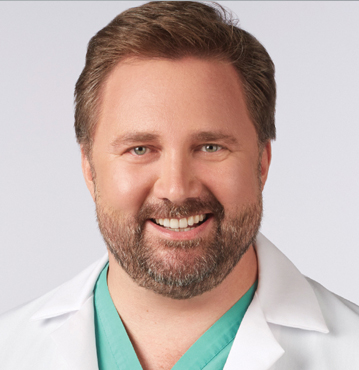
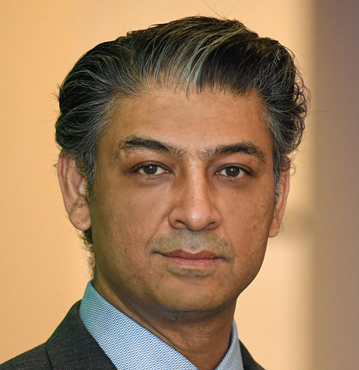
Dr. Adnan H. Siddiqui, is Professor and Vice Chairman in the Department of Neurosurgery at the State University of New York at Buffalo’s Jacobs School of Medicine and Biomedical Sciences.
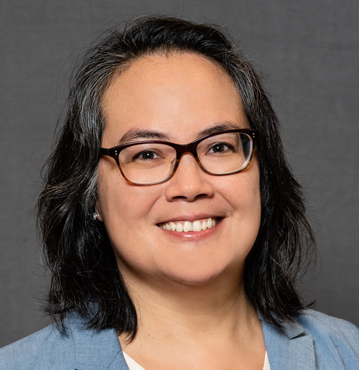
Dr. Fifi is a Professor of Neurology, Neurosurgery, and Radiology at the Icahn School of Medicine at Mount Sinai. She is also Associate Director of the Cerebrovascular Center, Co-Director of the Pediatric Cerebrovascular Disorders Program, and Co-Director of the Neuroendovascular Surgery Fellowship Program.
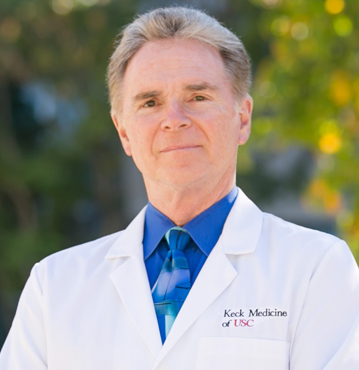
Dr. Steven Giannotta, Professor and Chairman of Neurological Surgery, joined the Department of Neurosurgery at USC in 1980 and became the Chairman in 2004. He is also the Program Director of the Neurosurgery Residency Training Program.
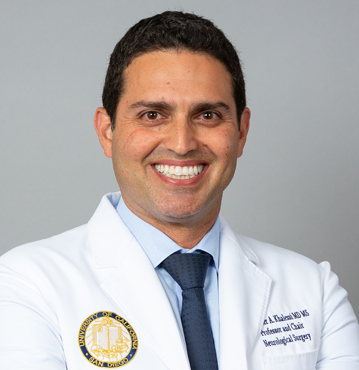
Alexander Khalessi, MD, MBA, is chair of the Department of Neurological Surgery; professor of neurological surgery, radiology and neuroscience; and the inaugural Don and Karen Cohn Chancellor’s Endowed Chair in Neurosurgery at UC San Diego.
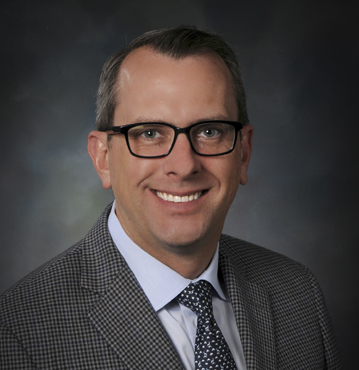
Edward Duckworth, MD, MS, is an intracranial-focused neurosurgeon specializing in the treatment of complex cranial disorders, including the surgical treatment of hemorrhagic and ischemic stroke.
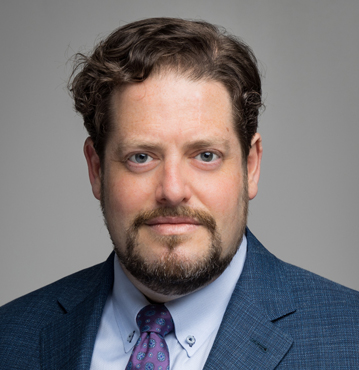
Adam Arthur, MD, MPH, attended college and medical school at the University of Virginia. During that time he joined the University of Virginia’s Department of Neurosurgery and conducted research on aneurysms and cerebral vasospasm.
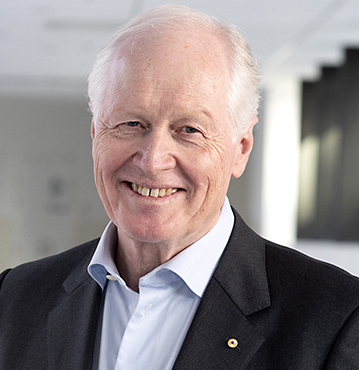
Professor Donnan is a clinical stroke neurologist with long-standing research interests in acute stroke therapy and clinical trials. He conducted early trials of thrombolysis and more recently extending the time limit for tPA using image guided selection.

Brian T. Jankowitz, M.D. is a board certified neurosurgeon with a special focus on cerebrovascular surgery. He is CAST (Committee on Advanced Subspeciality Training) accredited in neuroendovascular surgery.
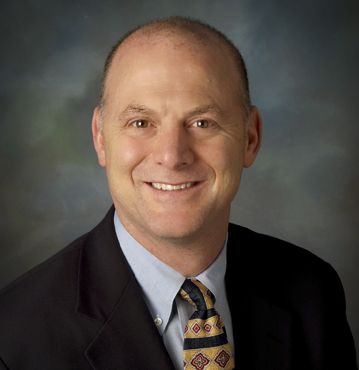
John Perl II, MD, is the director of neurointervention at St. Luke’s and formerly served as its neuroscience medical director. He was instrumental in establishing the stroke program and the endovascular neurosurgical and interventional neuroradiology program for the health system.
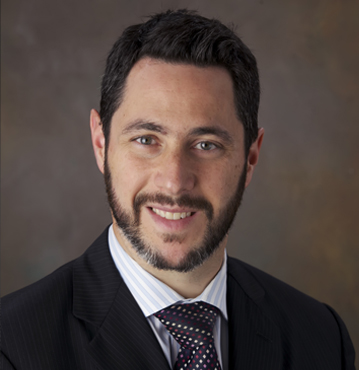
Lucas Elijovich, MD, earned his bachelor’s degree in biology from Tufts University and his medical degree from the University of Texas at Galveston. He completed his neurology residency at New York University, where he served as chief resident.
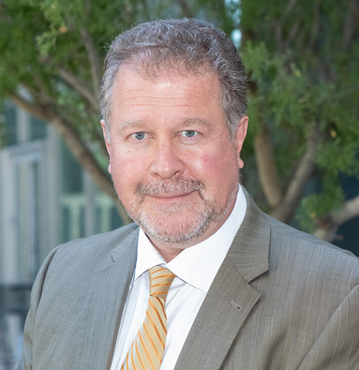
Dr Alexandrov received his MD degree in 1989 from the 1st Moscow Medical Institute (Sechenov) and specialized in clinical neurology at the Institute of Neurology, Russian Academy of Medical Sciences, Moscow, Russia.
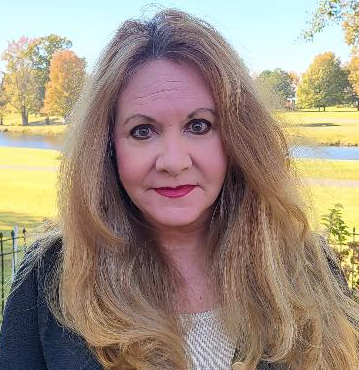
Anne Alexandrov, PhD, AGACNP-BC, ANVP-BC, FAAN, is a professor of both nursing and neurology as well as the mobile stroke unit chief nurse practitioner at the University of Tennessee Health Science Center in Memphis.
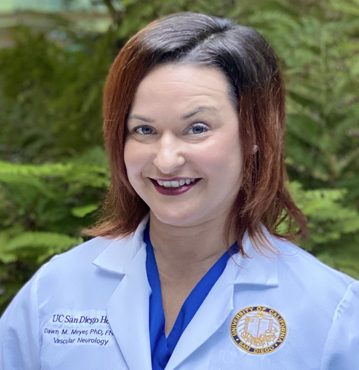
Dawn Meyer is a Professor in the UC San Diego School of Medicine, Neurosciences Department and a member if the UC San Diego Stroke Center. She is a trained Vascular Neurology Nurse Practitioner and has been in practice for 21 years as a Stroke Hospitalist.
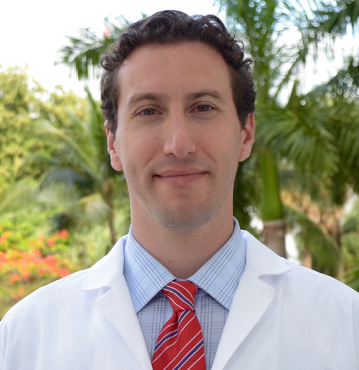
Dr. Starke is a member of the departments of Neurological Surgery, Neuroradiology, Pharmacology, and Neurosciences. He has a busy clinical practice performing more than 700 operations each year.

Dr. Smith is a fellowship-trained neurointerventional radiologist with expertise in minimally invasive procedures of the brain, head, neck and spine. He specializes in both arterial and venous approaches for the treatment of many cerebrovascular disorders
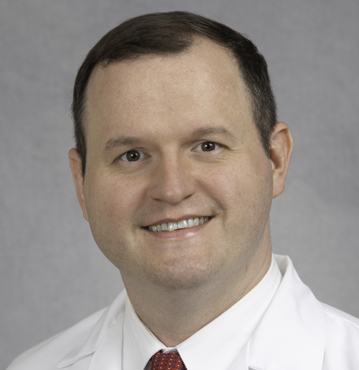
J. Scott Pannell, MD is a board-certified endovascular surgeon and interventional neuro-radiologist. He is the director of neurointerventional surgery in the Department of Neurological Surgery at UC San Diego Health.

Brett C. Meyer, MD, is a Stroke Neurologist and Co-Director of the Stroke Center at UCSD Medical Center, and is a Professor of Clinical Neurosciences in the Department of Neurosciences at the University of California, San Diego.
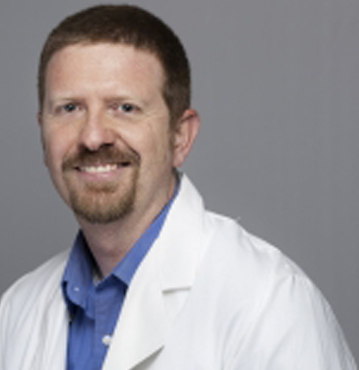
Scott McNally, MD, PhD, is currently an associate professor in neuroradiology at the University of Utah Department of Radiology and Imaging Sciences.

Dr. Martinez specializes in the treatment of a wide array of complex brain, spine and peripheral nerve conditions. He has expertise in surgery for brain and spine tumors, complex spine care, radiosurgery, cerebral hemorrhages, normal-pressure hydrocephalus (NPH) and general neurosurgery.
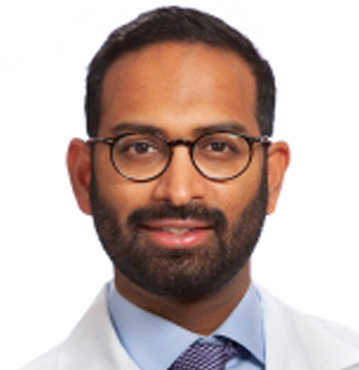
Dr. Grandhi is an ABNS certified, dual-trained cerebrovascular neurosurgeon who treats vascular pathologies through both endovascular techniques and traditional, open microsurgical approaches.
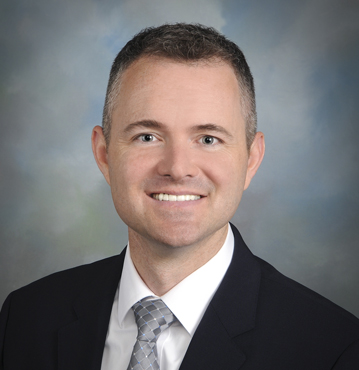
Raymond Grams, DO, specializes in the treatment of ischemic and hemorrhagic strokes, transient ischemic attack, cerebral venous thrombosis, and intra- and extra-cranial atherosclerotic disease.
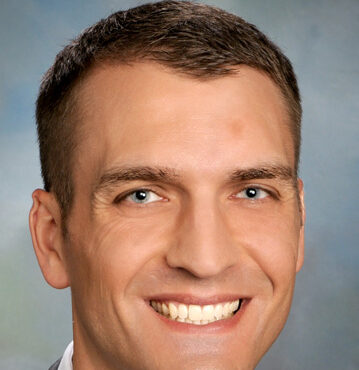
Daniel Abenroth, MD, is the clinical system director for the St. Luke’s Stroke Program, the largest medical system and stroke program in Idaho.
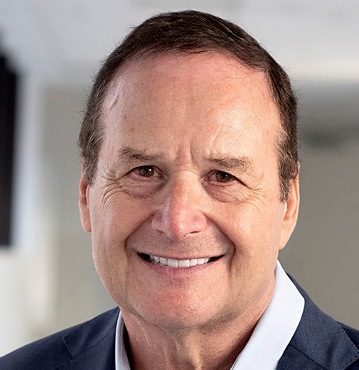
Professor Stephen Davis is the Professor of Translational Neuroscience at the University of Melbourne, Director of the Melbourne Brain Centre at the Royal Melbourne Hospital.

Jeffrey Steinberg, MD, is a neurosurgeon at UC San Diego Health who specializes in vascular diseases of the nervous system. Dr. Steinberg completed specialized training in both open and endovascular neurosurgery;
